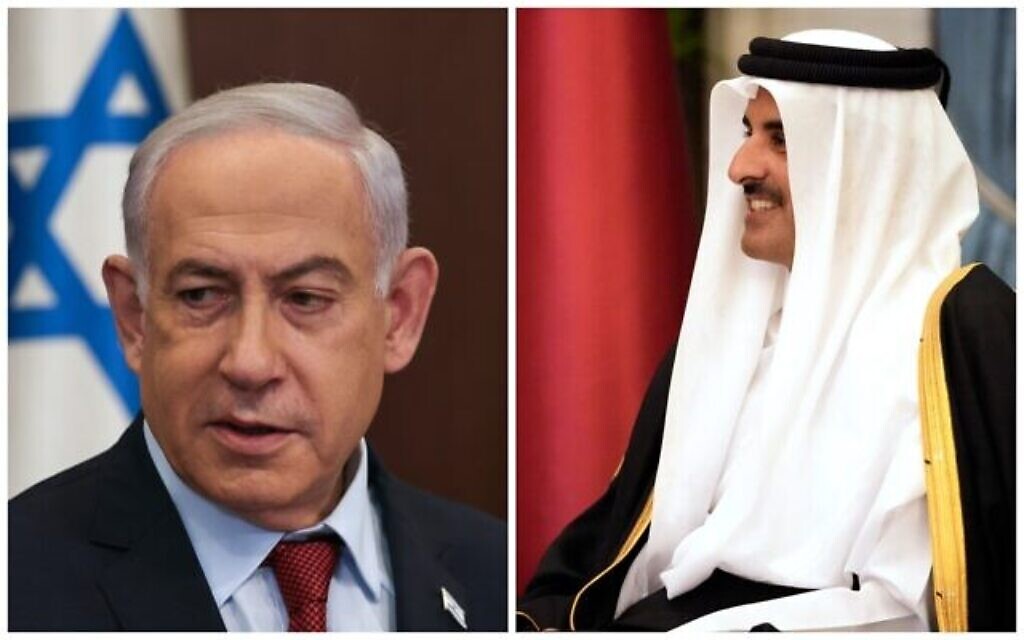Does the Doha Summit Open the Doors to Confrontation? Qatar in the Crosshairs of Israel and Arabs Threaten to Respond

The summit, which came days after officials from Hamas were targeted within Qatari territory, turned into a regional platform to redefine Qatar's position in the conflict equation.
Between Symbolism and Practical Response
The final statement of the summit carried an unprecedented tone in its clarity and severity. A comprehensive condemnation of the aggression, absolute support for Qatar's sovereignty, and a firm rejection of attempts to displace Palestinians or impose a new reality in Gaza.
Netanyahu Attacks Qatar... and Doha Responds
At the same time as the summit convened, Israeli Prime Minister Benjamin Netanyahu made provocative statements, accusing Qatar of leading international efforts to impose a blockade on Israel, referring to what he described as an "media blockade funded by Qatar and China."
The Qatari response was swift and decisive, as the Emir of Qatar, Sheikh Tamim bin Hamad Al Thani, described the Israeli attack as "blatant and cowardly," affirming that Israel "assassinates the negotiating party and attacks the mediating country," referring to the targeting of Hamas leaders while considering a U.S. proposal for a ceasefire.
Does the Summit Signal War?
Although the likelihood of a direct war between Israel and Qatar remains low, due to factors related to power balances and U.S. presence in the Gulf, the continued Israeli targeting of mediators and its disregard for international law may prompt some countries to reconsider their response strategies, especially if attacks are repeated or expanded to include other countries.
What distinguishes the Doha Summit is that it was not just an emergency meeting, but a clear declaration that the time for silence has ended, and that targeting any Arab or Islamic country will not go unanswered.